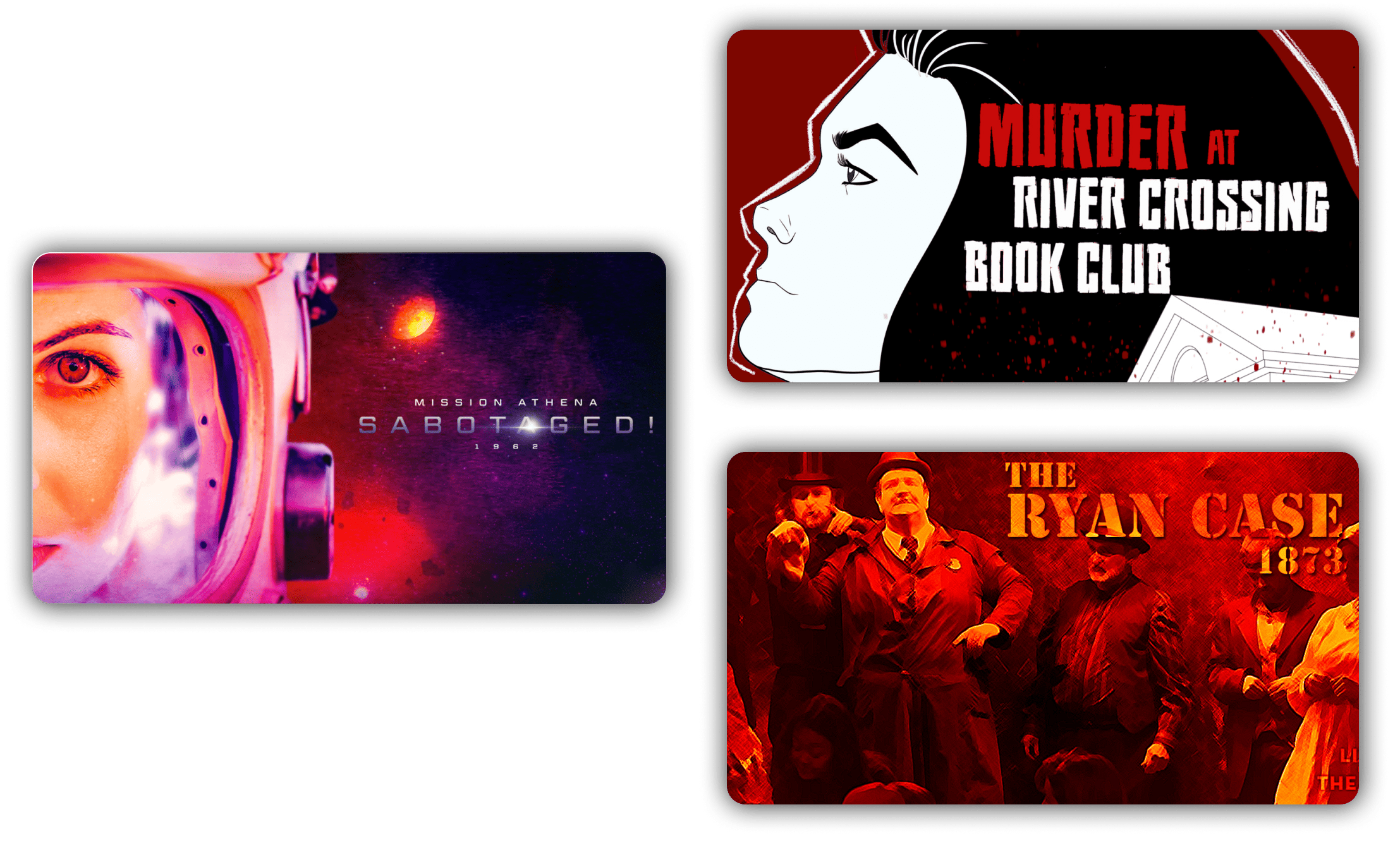
October 9, 2023
October 9, 2023
In corporate training, few topics have gained as much prominence and importance as Diversity, Equity, and Inclusion (DEI). Companies increasingly recognize the value of fostering diverse and inclusive workplaces, but traditional DEI training often needs to catch up regarding engagement and tangible takeaways. This blog will explore a dynamic approach that engages DEI training and encourages active participation and discussion, including community-building activities and team fun. Welcome to role-play and real-life scenarios in DEI team-building and team-learning activities.
The Boring DEI Training Conundrum
Traditional DEI training can be tedious, drab, and off-putting. Too often, employees are subjected to monotonous lectures, lengthy PowerPoint presentations, and endless data slides that leave them disengaged and disinterested. While the intentions behind such training are noble, the outcomes often need to be improved in fostering fundamental understanding and change. Employees may leave these sessions feeling like they’ve checked a compliance box, but they have yet to truly grasp the significance of DEI or how to apply it in their daily work. This lack of engagement leads to a wasted opportunity to build a more inclusive and diverse workplace.
The Power of Role Play and Real-Life Scenarios
Now, imagine engaging in DEI training that leaves participants with tangible takeaways. Enter role play and real-life scenarios, transforming DEI training into a dynamic and interactive experience. Here’s why they work:
Active Participation: Role play and real-life scenarios encourage active involvement. Instead of passively absorbing information, participants step into the shoes of others, allowing them to experience DEI issues firsthand. Empathy and Perspective: Role play fosters empathy and a deeper understanding of different perspectives. When employees engage in scenarios that mimic real-life DEI challenges, they gain insights into the experiences of their colleagues from underrepresented groups. Safe Environment: These activities create a safe space for open dialogue. Participants can discuss their experiences and reactions, ask questions, and share their feelings in a non-confrontational setting. Real-Life Application: The scenarios are designed to reflect real workplace situations. This means that the skills and insights gained from the training can be directly applied to daily work, making the learning more practical and meaningful. Personal Growth: Role play and real-life scenarios encourage personal growth. Participants develop the skills needed to navigate DEI challenges, fostering a culture of inclusivity and empathy within the organization.
Crafting Engaging DEI Scenarios To create engaging DEI training scenarios, consider the following tips:
Realism: Ensure that scenarios are based on real-life situations that employees may encounter in the workplace. Authenticity is critical to engagement. If we don’t believe it, we check out!
Diversity: Include scenarios encompassing a wide range of DEI topics, from racial and ethnic diversity to gender identity and disability inclusion.
Discussion Prompts:
Provide thought-provoking discussion prompts to encourage participants to reflect on the scenarios and their reactions to the scene and the games. Yes, we play theater games that mirror real-life emotional states; they are super fun and offer insightful tools for great, seamless learning. In the theater, we never play games for the sake of playing games, but rather, we use play as a way to teach practical life skills.
Role Variety:
Include roles that vary in perspective. For example, in a scenario related to gender equity, incorporate roles for both the person experiencing bias and the person unintentionally causing it.
Professional Facilitation:
Consider using professional facilitators to guide participants through the scenarios, ensuring a productive and respectful discussion. With LIT’s DEI Conversations at work, you get two fantastic actor facilitators facilitating discussions on delicate topics while making them engaging and seamless. They offer honest, usable takeaways you can employ whenever things get awkward. We’re all human people; we all make mistakes, and if you haven’t, you will. Let us share some tools that will improve your work and personal lives!
Sample DEI Training Scenario:
The Promotion Dilemma Imagine a scenario where two employees, one from a historically underrepresented group and the other from a majority group, are up for promotion. Both have similar qualifications, but a decision needs to be made. Participants are assigned roles, and the scenario explores the biases, assumptions, and challenges that arise during the decision-making process. In this scenario, participants can act as the decision-makers, discussing the factors influencing their choice. Step into the shoes of the employees vying for the promotion, expressing their feelings and concerns. Share their experiences with workplace promotions, biases, or DEI challenges. Discuss potential strategies to ensure fair and equitable promotion decisions.
Tangible Takeaways:
DEI training incorporating role play and real-life scenarios can profoundly affect participants. Here are some tangible takeaways:
Increased Empathy: Participants develop a deeper understanding of the challenges faced by colleagues from underrepresented groups, leading to increased empathy and support.
Awareness of Unconscious Bias: Role play exposes unconscious biases that may influence decision-making. This awareness is a crucial first step toward mitigating bias in the workplace.
Effective Communication: Participants learn to communicate more effectively across differences, improving collaboration and team dynamics.
Problem-Solving Skills: Engaging in scenarios enhances problem-solving skills, equipping employees to address DEI issues constructively.
Actionable Insights: Participants leave with concrete strategies and insights they can apply immediately to create a more inclusive workplace.
The Impact of Professional Actors in Real-Life Scenarios While role-play and real-life scenarios in DEI training are powerful tools, their impact is amplified when facilitated by trained professional actors.
Here’s how professional actors enhance the experience:
Authenticity: Professional actors bring authenticity to the scenarios. They have the skills and training to portray characters realistically, ensuring participants are fully immersed in the experience.
Emotional Depth: Actors can convey the emotional depth of real-life situations. Their performances allow participants to witness genuine moments of frustration, empathy, misunderstanding, and enlightenment, providing valuable insights.
Dynamic Interaction: Actors engage in dynamic interactions that mirror real-life conversations and conflicts. This realism encourages participants to think on their feet, respond authentically, and practice the skills they’ve learned.
Feedback and Reflection: After the scenario, actors can provide feedback to participants. This feedback is invaluable for self-reflection and improvement, as it highlights both effective and ineffective communication and behavior.
Variety of Perspectives: With a team of professional actors, scenarios can incorporate a wide range of perspectives and backgrounds, mirroring the diversity found in the workplace. This diversity of viewpoints helps participants understand the complexity of DEI challenges.
Safe Space: Actors facilitate a safe space for open and honest discussion. Participants feel comfortable sharing their thoughts and emotions, fostering a constructive dialogue that leads to learning and growth.
Consider a scenario where a professional actor portrays an employee who experiences microaggressions from a colleague. This scenario can unfold in real time, with participants witnessing the microaggressions and their impact on the employee. Afterward, participants can engage in a discussion led by the actor, exploring the emotional and psychological toll of such interactions on the character! This is key. We distance it by making it about this made-up character. This allows all the participants to dive into the conversation because the scenes are packed with many things that most people are afraid to discuss. When you are fearless and go towards the issue, you gain much more. The other alternatives will leave participants rolling their eyes and thinking about what’s for lunch!
These real-life moments of interaction, performed by trained professional actors, allow participants to see, hear, and feel the nuances of DEI challenges. They provide concrete examples of what to avoid and how to respond sensitively and effectively.
The Long-Lasting Impact DEI training incorporating professional actors in real


